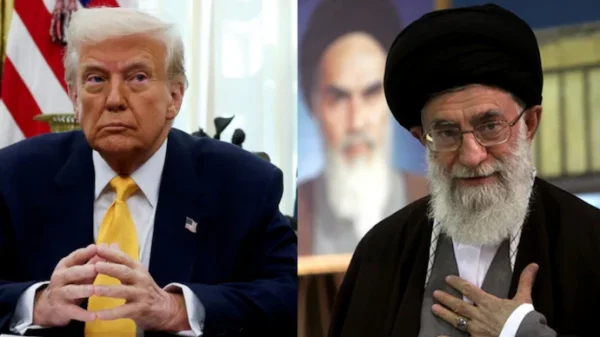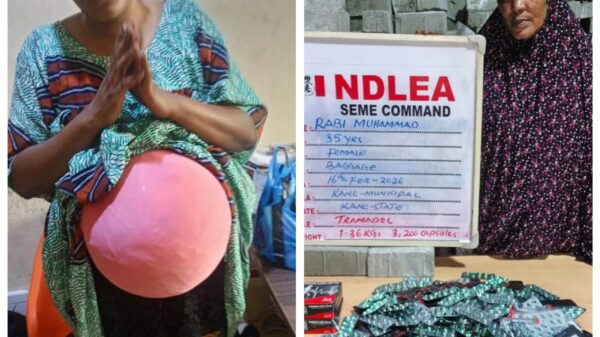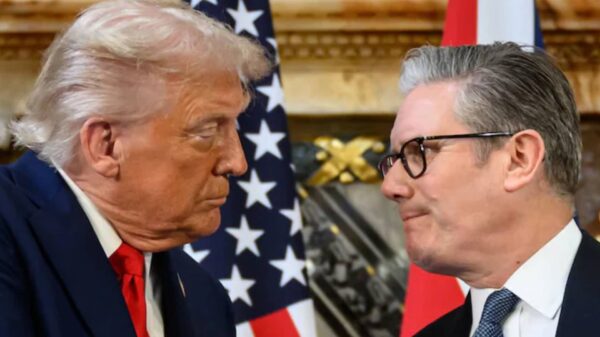Russian President Vladimir Putin on Monday announced emergency measures aimed at propping up the ruble‘s slide, including banning residents from transferring money abroad and forcing exporters to buy the currency.
Sanctions imposed by the West over the weekend had an immediate impact on Moscow on Monday, with the ruble falling to a record low and the central bank more than doubling its key interest rate to 20 percent.
A Kremlin decree banned cash transfers abroad and said exporters would now be required to hold 80 percent of their reserves in rubles, meaning large groups like energy giant Gazprom would have to buy the currency.
State television showed Putin meeting with his prime minister, the finance minister and the head of the country’s largest private bank, Sberbank, and the central bank.
“I have invited you here to talk about issues that have to do with the economy,” he told them. “I am referring, of course, to the sanctions that the so-called Western community, the empire of lies, is trying to implement against our country.”
Earlier, Kremlin spokesman Dmitry Peskov told reporters that “Western sanctions against Russia are harsh, but our country has the potential to compensate for the damage.”
Western sanctions are designed to freeze Russian banks outside the international financial system and limit the ability of the Russian central bank to use its reserves to help prop up the weakened national currency.
The United States said on Monday it had banned all US transactions with Russia’s central bank and frozen its reserves, while Switzerland also said it would adopt the same measures announced by the EU over the weekend.
The ruble’s value against the dollar is about a third of its 2014 level before Putin annexed Ukraine’s Crimea region, triggering sanctions and a major crisis with the West.
‘Hurry to the bank’
For Sergei Khestanov, an advisor to Open Broker, a brokerage firm, Russia can survive the onslaught of sanctions as long as it can continue to export oil and gas.
“As long as there are no real sanctions on Russian exports, especially oil and gas, there will be no catastrophe,” he said, adding that “people will, of course, feel the effects.”
The ruble’s precipitous decline revived memories of the financial instability of the 1990s, when millions of Russians saw their savings evaporate under the effect of currency devaluation and runaway inflation.
Natalia Proshina, 75, like many Russians, feared that her savings would be wiped out overnight.
“As soon as I saw the ruble fall, I ran to the bank,” he told AFP on Monday.
The huge devaluation of the ruble is expected to fuel inflation in Russia, while the sanctions will affect the ability of non-energy related companies to export and import goods and services.
Meanwhile, the massive increase in interest rates will also increase the cost of borrowing, which will affect Russian consumers and companies with debt.
The Moscow Stock Exchange was closed all day Monday to prevent what is expected to be a sell-off in Russian shares.
Source Credit: TheGuardian
![]()





























































